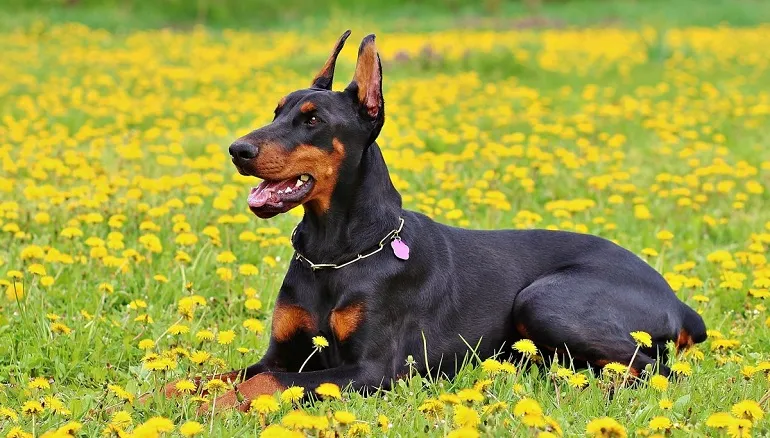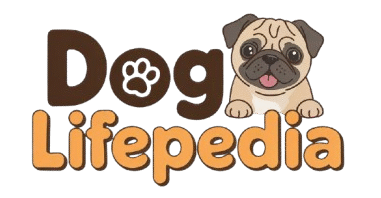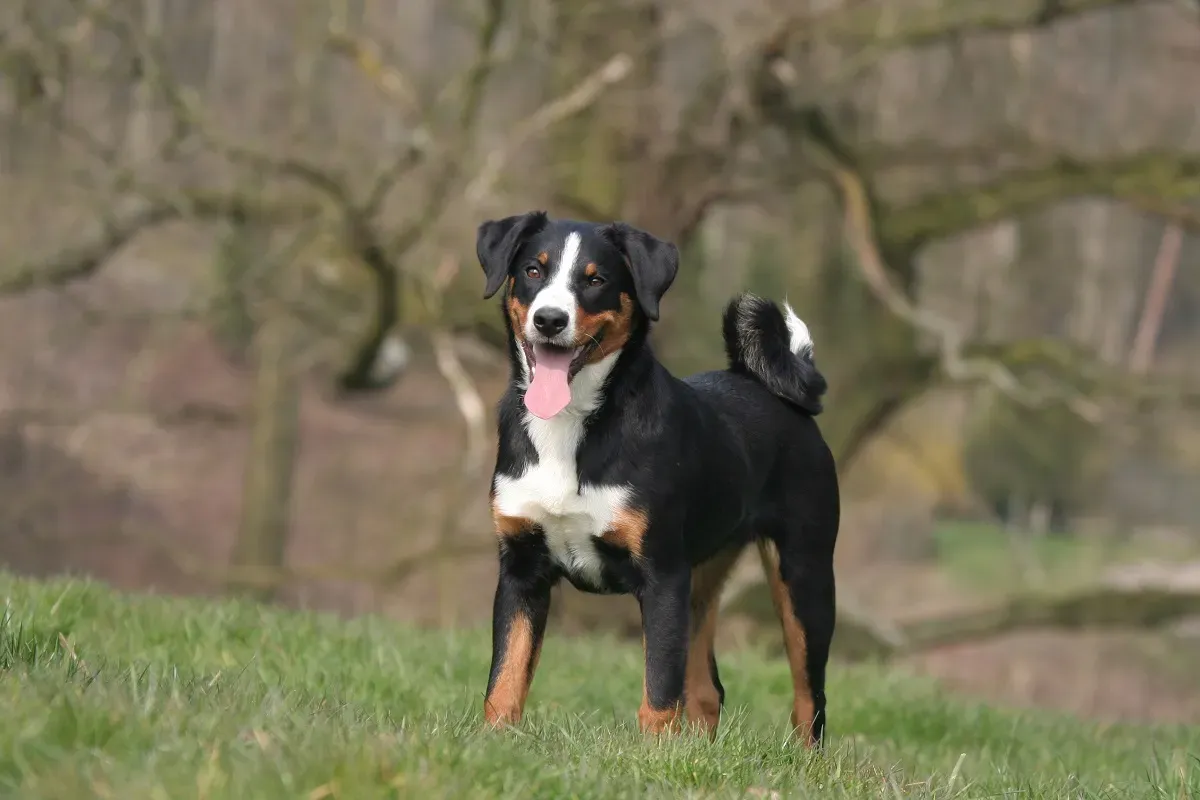
Dobermann
Heena
June 15, 2025

The Dobermann (or Doberman Pinscher in the USA) is a breed known for its loyalty, strength, and intelligence. Often portrayed as a guard dog, the Dobermann is much more than that: it is a devoted companion, a working dog, and an affectionate family protector. Bred originally in Germany by Karl Friedrich Louis Dobermann in the 1890s, the breed was designed to be fearless, loyal, and trainable.
Today, Dobermanns are popular across the UK and USA, both as working dogs (in police, military, and search-and-rescue roles) and family pets who are elegant, alert, and eager to please.
Breed Overview
Breed Name: Dobermann (UK) / Doberman Pinscher (USA)
Group: Working Group (AKC) / Utility Group (UK Kennel Club)
Origin: Germany
Height: 24–28 inches (61–71 cm)
Weight: 60–100 lbs (27–45 kg)
Life Expectancy: 10–13 years
Temperament: Intelligent, loyal, fearless, affectionate, alert
Breed Colors & Markings
Dobermanns have a sleek, short coat with a glossy finish. Accepted colors include:
- Black and rust
- Blue and rust
- Red and rust
- Fawn (Isabella) and rust
- White (rare and controversial due to health concerns)
Their markings usually appear above the eyes, on the muzzle, chest, legs, and beneath the tail.
Temperament & Personality
Dobermanns are:
- Loyal and protective: They bond deeply with their family and are natural guardians
- Alert and confident: Always aware of their surroundings and quick to respond
- Affectionate: Despite their image, they love cuddling with trusted people
- Energetic and intelligent: Thrive when mentally and physically engaged
- People-oriented: They prefer to be with their humans and do not like being left alone
They are highly trainable and often serve in police, military, and therapy work.
Communication & Intelligence
Dobermanns are highly communicative and intelligent:
- Expressive body language: Upright posture, alert ears, and focused eyes
- Vocal when necessary: Typically bark to alert, not without reason
- Fast learners: Can learn new commands quickly and remember them long-term
- Emotionally intelligent: Often tune into their owner’s mood and react accordingly
They respond best to structured environments and clear leadership.
Health & Lifespan
Dobermanns are generally robust, but may be prone to certain health issues:
- Dilated Cardiomyopathy (DCM): A serious heart condition common in the breed
- Von Willebrand’s Disease: A blood clotting disorder
- Hip dysplasia
- Wobbler syndrome: A condition affecting the spine and neck
- Hypothyroidism
- Bloat (gastric torsion): A potentially life-threatening emergency
Lifespan averages 10–13 years, with routine vet care and screenings recommended, especially for heart health.
Grooming Needs
Dobermanns are low-maintenance in grooming:
- Brushing: Once or twice weekly to remove loose hairs
- Bathing: Every 4–6 weeks or as needed
- Ear care: Clean weekly, especially if ears are cropped
- Nail trimming: Every 3–4 weeks
- Dental care: Brush 2–3 times a week to prevent tartar buildup
They have minimal odor and do not shed excessively, making them easy to maintain.
Exercise Requirements
Dobermanns are athletic and high-energy:
- Daily exercise: At least 60–90 minutes of brisk walking, jogging, or play
- Mental stimulation: Training, scent games, puzzle toys, or dog sports
- Variety: Mix physical activity with obedience work for best results
- Leash walking: A must, due to their strength and alertness
Without adequate exercise, Dobermanns can become bored or anxious, potentially destructive.
Training & Socialisation
Training is vital for a Dobermann’s well-being:
- Early socialisation: Expose them to different people, pets, and environments
- Positive reinforcement: Rewards, praise, and structure work better than harsh corrections
- Consistency: They need firm, clear leadership with loving guidance
- Obedience classes: Great for bonding and mental stimulation
- Advanced training: They excel in agility, protection work, and obedience competitions
Their eagerness to learn and natural discipline makes them ideal for experienced owners or handlers.
Nutrition & Diet
Dobermanns need a diet that matches their size and activity:
- High-quality dry or raw dog food: Tailored to large, active breeds
- Protein-rich diets: Essential for muscle maintenance
- Meal portions: Typically 2 meals per day
- Supplements: Omega-3s and glucosamine may support joints and heart
- Avoid bloat risk: Don’t allow heavy exercise before/after eating
Consult your vet for portion size and food type based on age, weight, and health.
What to Expect as an Owner
Dobermanns offer:
- Deep devotion and protection to their families
- A dog that is loving, alert, and highly intelligent
- A clean, low-shedding coat with minimal grooming
- A breed that needs exercise, structure, and mental stimulation
- A companion who thrives with human interaction and guidance
They are not ideal for first-time dog owners but are a dream for active, experienced individuals.
Is the Dobermann Right for You?
Choose a Dobermann if you:
- Want a protective, loyal, and elegant dog
- Enjoy training, exercise, and companionship
- Can provide consistent leadership and daily activity
- Have a secure home environment and time to commit
Avoid this breed if you:
- Prefer a quiet, low-energy dog
- Lack time for exercise and training
- Live in a home where frequent barking or protective behavior is an issue
- Want a protective, loyal, and elegant dog
Final Thoughts
The Dobermann is a remarkable breed—powerful, intelligent, and devoted. With the right training, early socialisation, and a committed owner, Dobermanns make loyal, loving, and impressive companions. Whether you’re in a suburban home in the USA or countryside in the UK, the Dobermann is a true partner, protector, and friend.

